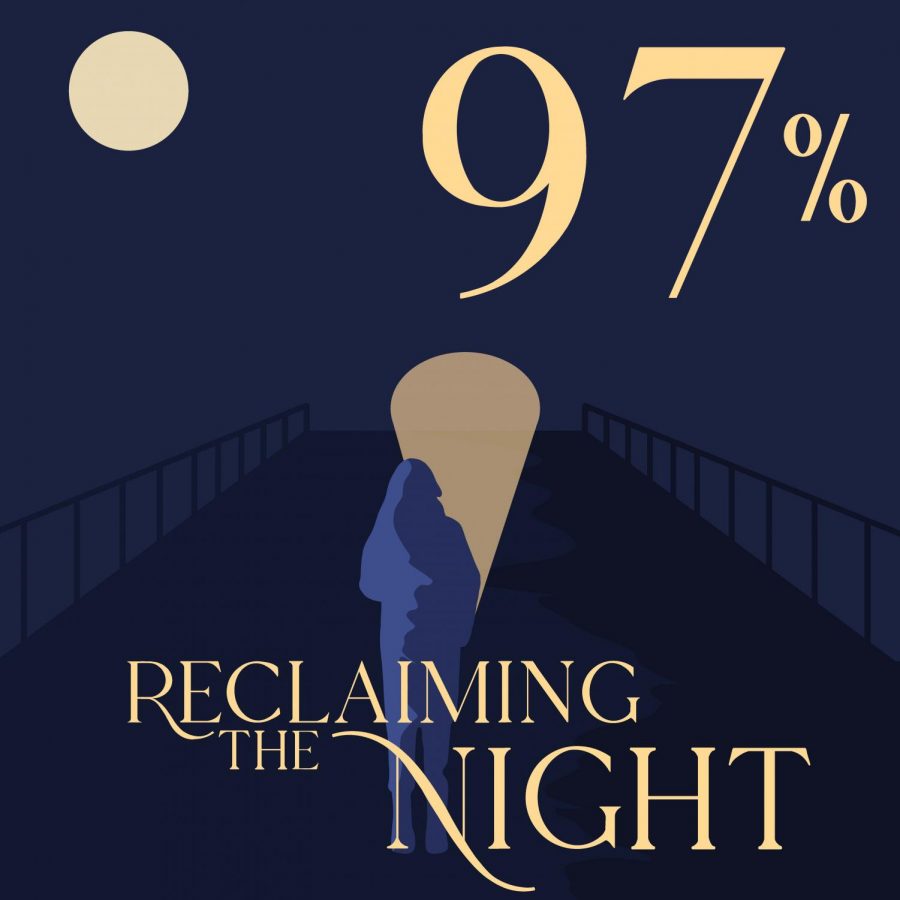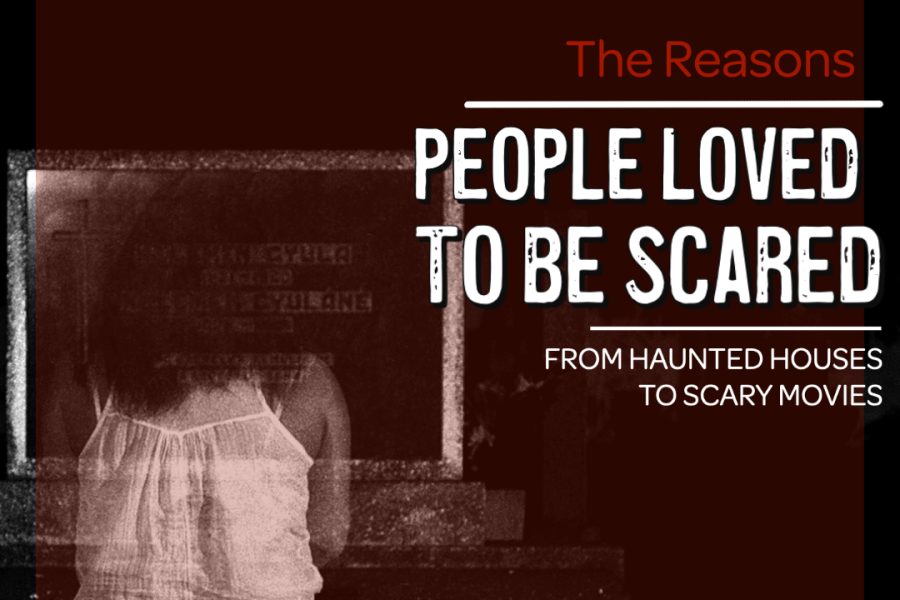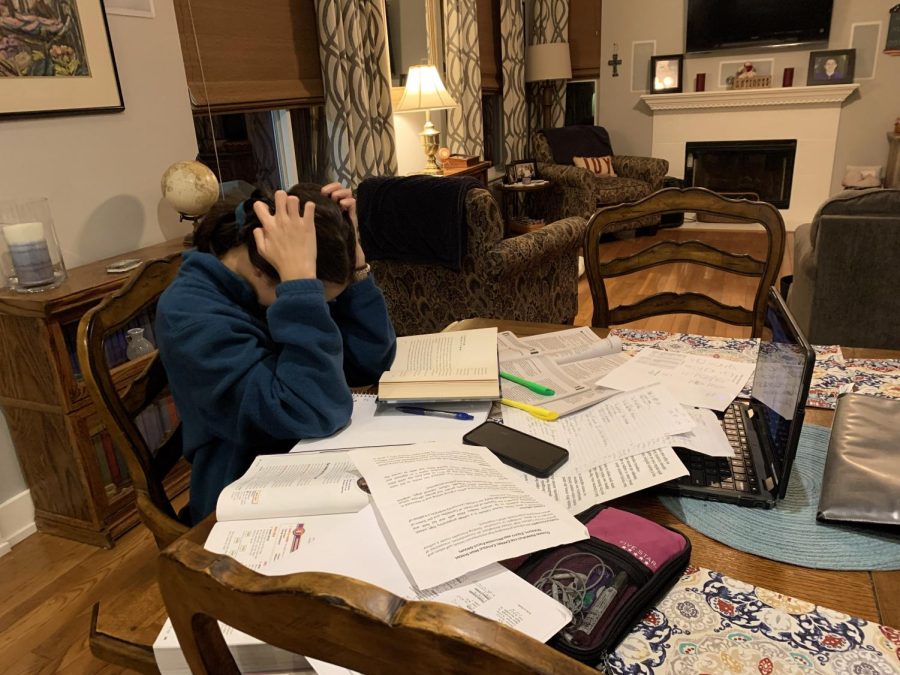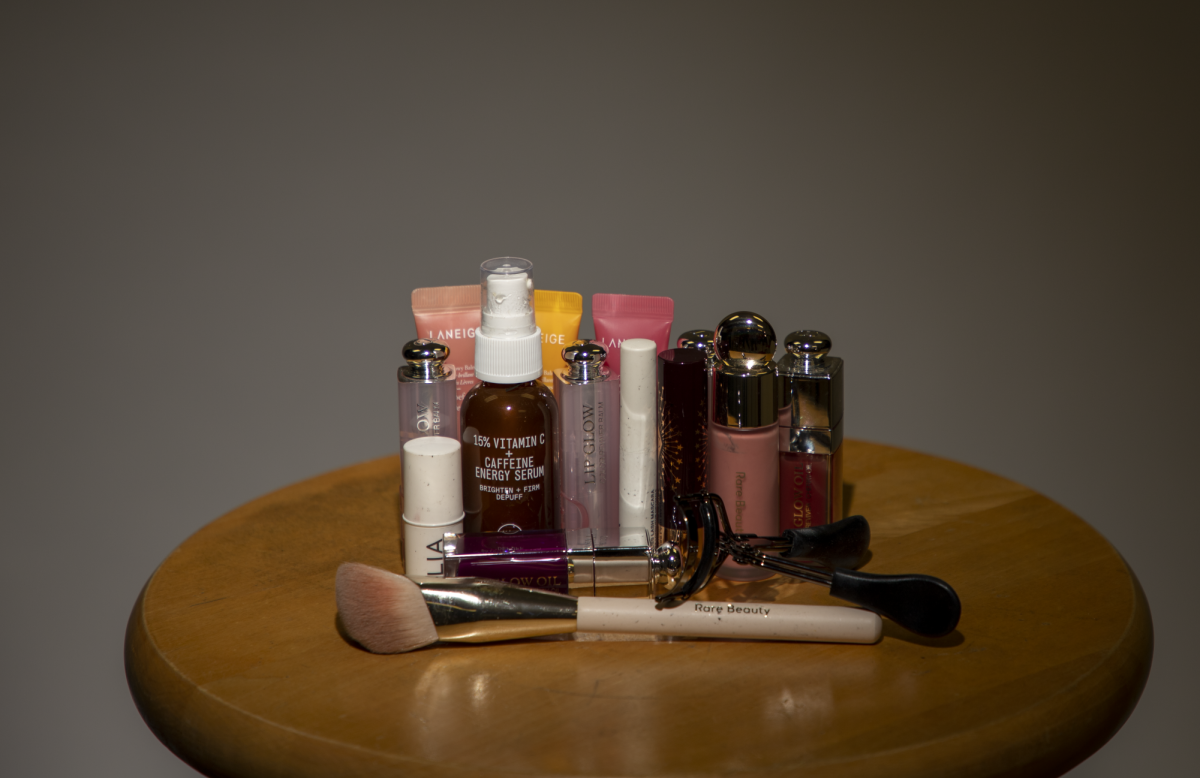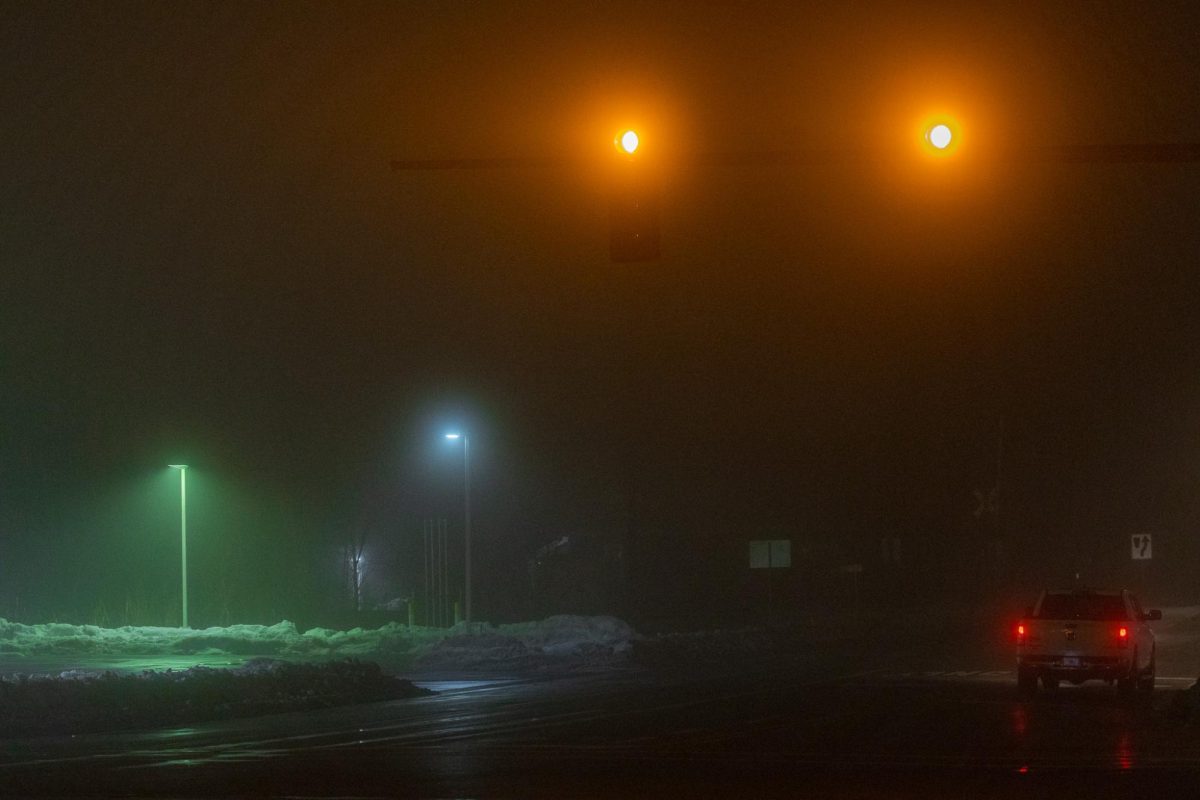Sarah Everard, a 33-year-old, went missing on her way home from work in London. Her body was found more than 50 miles away, a week later, in the woods. The man charged was a police officer arrested the same day as the publication of a YouGov poll, which reported 86 percent of women aged 18 to 24 had been sexually harassed in a public space. 11% of these women chose not to respond and three percent had never experienced said instances. This became the “97%” statistic on social media. It was a staggering number that hoped to be eye-opening enough to inspire a larger conversation. Both the numbers and death of Everard have begun the largest women’s movement of 2021 thus far. It has sparked conversations that include the idea to “Reclaim the Night” regarding gender-based violence.
Reclaim the Night is a movement that originated in Leeds, England, in 1977 following the murder of 13 women. The U.K. police placed a curfew on women, requesting they be inside before dark for their safety. 44 years later, the movement returned with a remarkably similar story. As a crowd of mostly women met for a vigil in the streets to honor Everard, police began arresting women and instructing them to go home for their safety. The request for women to go home early resparked ‘Reclaim The Night,’ which has more recently been renamed ‘Reclaim These Streets.’
While attention has mostly shown on the U.K. and their need for safer streets, American women have also spoken up saying they rarely feel safe walking alone. The normalization of women needing to have multiple precautions prepared to feel safe makes most angry and upset that this responsibility is placed on them at a young age.
“[Society] teach[es] women how to protect themselves rather than teach men not to hurt anyone,” senior Shivani Atre said. “We are taught to cover up, shut up and take the compliment because we don’t know if this man is the type of man that will rape and kill you.”
Many women take similar precautions to protect themselves and have rules, either put in place by their parents or themselves, to try not to be outside after a certain time to feel safe.
“I don’t feel safe,” senior Skye Jackson said. “I can’t even go out alone if it’s getting close to sunset. There was one time I was going for a run during sunset and … although I was on the side of the road, a truck full of guys veered closer to me. [They] were honking at me and screaming things at me and I almost twisted my ankle from it trying to not get hit.”
A standard precaution taken is carrying pepper spray and constantly checking surroundings, even if it is a seemingly safe and familiar area.
“My parents actually got my pepper spray so I could be more protected,” Jackson said. “If I go to a store alone when it’s dark I try to park as close to the store as possible and under a light if available. I’ll carry my keys in between my fingers just in case. I always check my surroundings and have to be super on edge.”
Senior Meghan Georgia takes similar provisions.
“I carry pepper spray,” Georgia said. “I always lock my car when I get in and check around it before I get in.”
An argument commonly used against allegations of women not feeling safe is ‘Not All Men.’ While it is true that not all men are going to stop a woman on the street to harass them, many women agree the statistics make the risk too high and the statement of ‘Not All Men’ completely overlooks the point trying to be made.
“Obviously not all men, but enough men.” Atre said. “Enough men act like this that enough women are killed for it and not enough has been done. I don’t walk alone at night because there is no way that I would feel safe at night if I did. There are too many horror stories for me to even take the risk.”
Much of the blame is put on women when safety should be a basic human right everyone feels they have.
“Men do not want to listen to women’s stories and do not realize how their behavior affects us,” Georgia said.
Jackson had the same idea.
“I hate to place the blame on them but … blame is consistently placed on the woman and the man is excused for his behavior,” Jackson said. “It’s ridiculous that I have to live in fear of going outside at night.”
One of the biggest obstacles is where to go next. There needs to be some change to be made and while teaching young boys to be respectful rather than young girls to cover up, the idea depends on many years of reform and depends on parents, guardians, and educators. British politician Jenny Jones half-jokingly brought up one idea to set a curfew for me after 6 pm.
While the idea seemed extreme, many women argued it was not a terrible idea. Women are forced to adapt in many ways just to keep themselves alive. Many women are considering how bad setting a curfew on men would really be.


